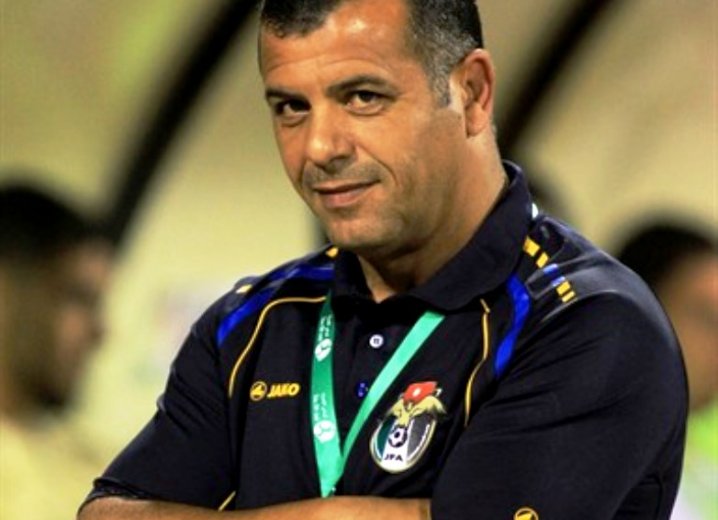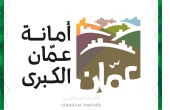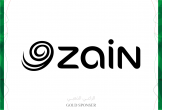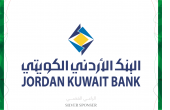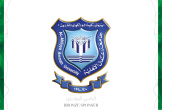CAN JORDAN FOOTBALL QUALIFY FOR THE OLYMPICS?

Oct 19, 2015
Jamal Abu Abed is one of the most popular football figures in Jordan.
As a key player for Faisali and the national team during the 1980’s and 90s, it was reassuring news that he stayed on in the game after he finished playing to mature into a talented coach.
Now he is facing his biggest challenge yet, trying to get the U23 team to qualify for the Olympic Games, a feat never achieved yet by a Kingdom still searching for its first Olympic medal.
In an exclusive interview with www.joc.jo, Jamal, 49, talked about his life and the team’s next challenge having progressed through to the final stage of Olympic qualification.
Born in Amman on January 19, 1965, like most young boys he took to football early, playing in his neighbourhood with friends before his talent was spotted as a teenager.
“I joined Faisali when I was 15 and within two years I was in the national team set-up,” he recalls. “I never left! I played with them right up until 2000 and was captain of the team from 1990 until I retired. They were wonderful years.”
Faisali is regarded as one of the Arab World giants of football and Jamal was right at the heart for one of their most successful periods.
He also fondly remembers the 1997 and 1999 Pan Arab Games wins with the national team as real highlights in his illustrious career.
But it didn’t end there. The popular figure became an immediate hit on the coaching side as part of the legendary manager Mohammad Al Johary’s back room staff that saw Jordan take the Asian scene by storm at the turn of the century.
The peak came in 2004 when only a penalty shoot-out defeat to Japan denied them a deserved place in the semi-final of the Asian Cup. The run took them to No 37 in the FIFA world rankings.
He continued in the national team senior set-up until 2011 when he was appointed coach for the Olympic team. His role has been to nurture the national talent at a key age (U23) and performances have been impressive, with qualification to Rio 2016 still a possibility.
“Away from the pitch I work with the players as a family and give them the love and respect that I would give to my own family,” he said. “They are at a crucial age in their development as players so I try to help them solve problems.
“But, on the pitch I treat them like an army. I become tough on them, and the athletes like the way we are dealing with each other. Even those who have moved on stay in touch with us. I like to think that what the players learn with us will benefit their clubs also when they return.”
Jamal of course acknowledges the unstinting support provided by Jordan Football Association President HRH Prince Ali Bin Al Hussein and says his leadership has created a positive climate throughout the national teams.
“HRH Prince Ali is our inspiring father figure and the first supporter to football,” he said. “We have transparency and understanding between the technical team and the players. This type of coordination is reflecting positively on us all.”
Jamal says he couldn’t think of what he would be doing if he hadn’t gone into football as “football has been my life”.
And that dedication to the game is clear in what he hopes to deliver for Jordan.
“I hope to improve the Olympic team to become one of the best in Asia.”
He also had a tribute for HRH Prince Feisal Al Hussein, the President of the Jordan Olympic Committee.
“I am really impressed with HRH Prince Feisal's knowledge and awareness with all the details in sport. I feel that when I talk to him, he knows everything about the national team. He is following everything related to sports federations. His support is incredible and he is always trying to find solutions to solve problems and make sport in Jordan better for all.”
The next date in the diary for Jamal’s Olympic campaign will be the Asian U23 Championships in January to be held in Qatar. Only three will qualify from the 16 sides competing, but one thing is for sure, Jamal will make sure Jordan will give it their all to try and book a place.

